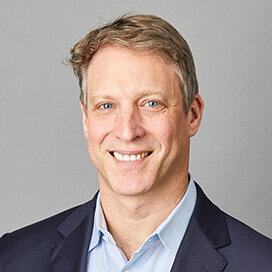Highlights - Kevin Trenberth - Nobel Prize Winner - Author of “The Changing Flow of Energy Through the Climate System”
/Nobel Prize-winning Climate Scientist · Lead Author of IPCC Assessment Reports
Author of The Changing Flow of Energy Through the Climate System
This is an intergenerational problem. The response to climate change relates very much to value systems. And one of the questions people ask, or should ask is: How much do you value the future generations? How much do you value the world that you're leaving your children and your grandchildren? And what kind of a climate you're leaving them with? And some people don't care, and some people don't have children. And they say, "Eh, it's not an issue for me. It's not one of my values." And so this is part of the problem, but if you're thinking about peoples as a whole, all of the community that you're leaving behind, this is a collective problem.





